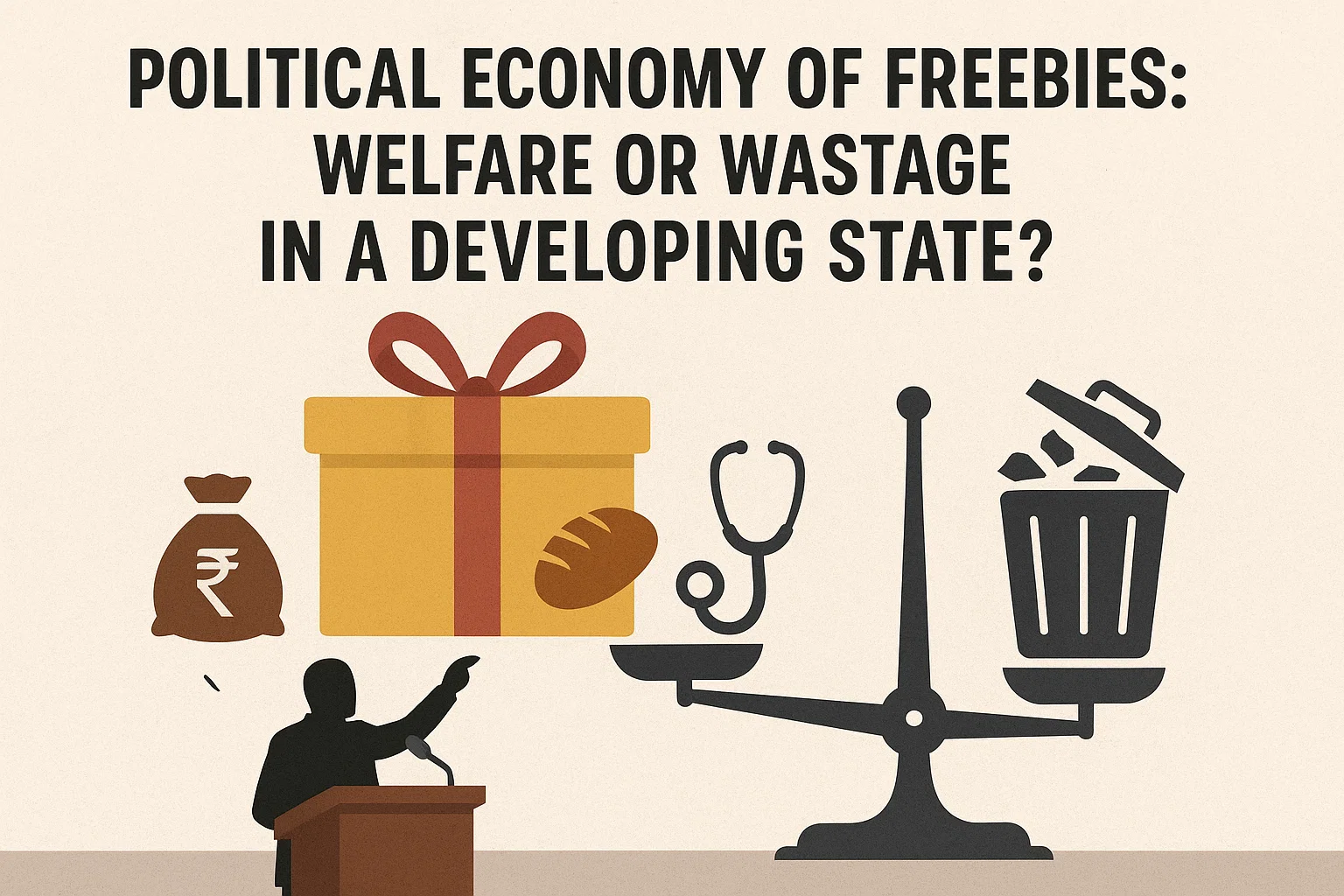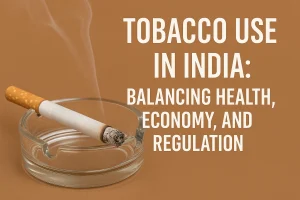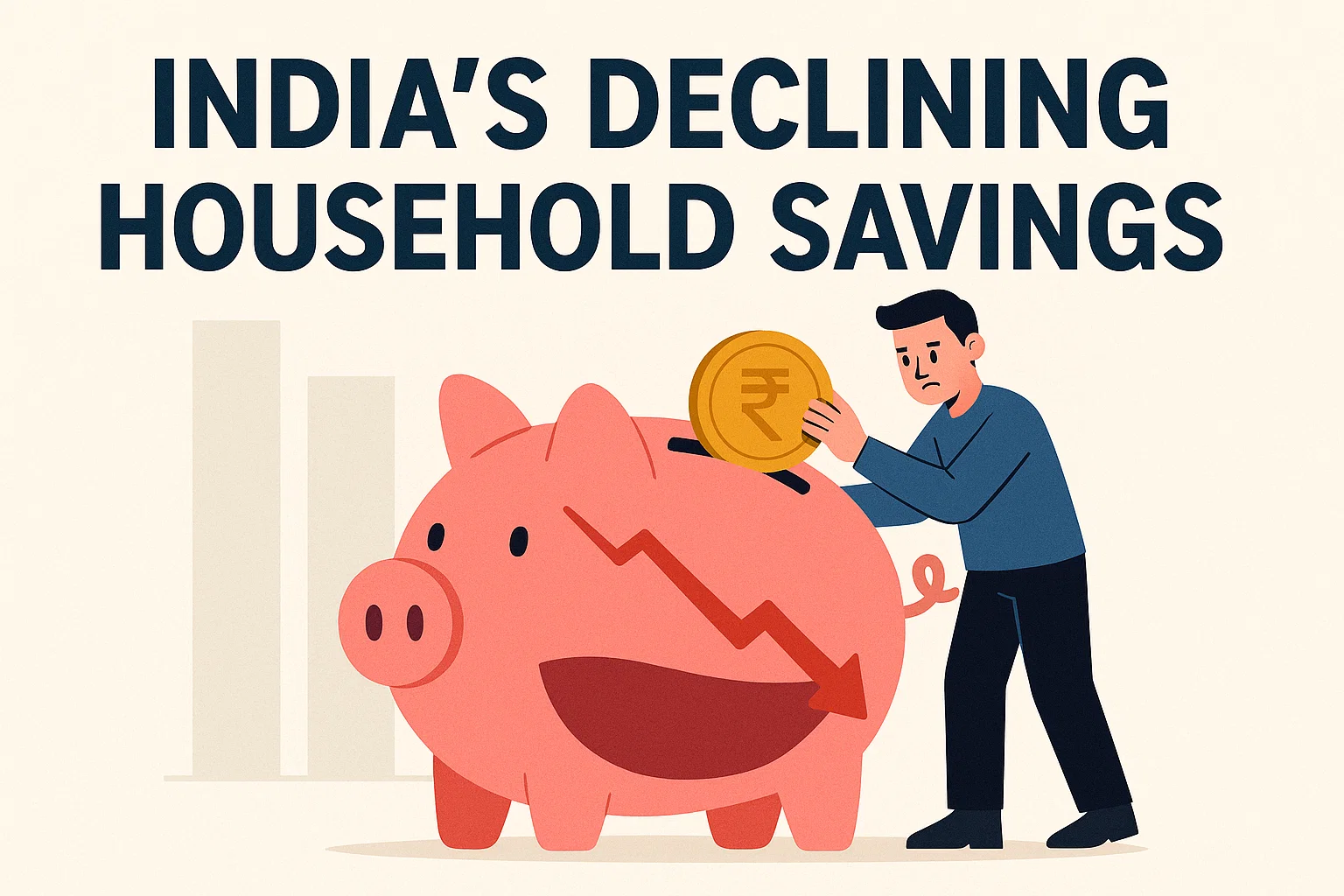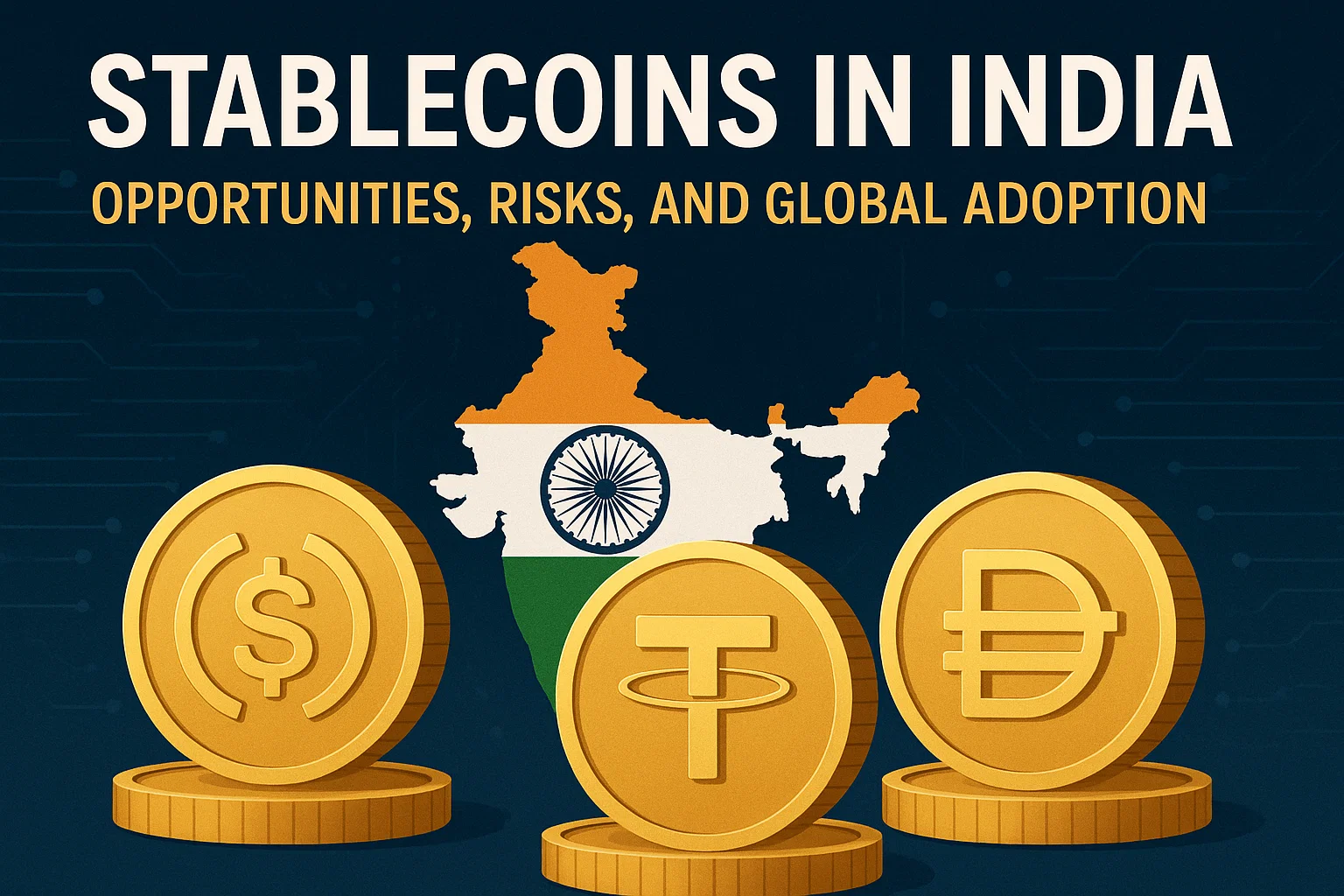Political Economy of Freebies: Welfare or Wastage in a Developing State?
Explore the political economy of government freebies in India — their constitutional basis, ethical implications, fiscal impact, and electoral significance. This article analyses whether welfare giveaways like Bihar’s recent schemes promote social justice or endanger long-term development, offering insights relevant for UPSC GS Paper II and III preparation.
Context:
The recent flurry of announcements by the Nitish Kumar-led government in Bihar—ranging from free electricity and unemployment stipends to enhanced pensions and women-centric schemes—epitomises the freebies trend.
What are Freebies?
- The term “freebie” generally refers to goods or services provided by the government to a section of the population without any cost or at a heavily subsidised rate, primarily for electoral gain.
- They are distinct from core public goods (like education, healthcare, and infrastructure) and long-term social welfare schemes designed for human capital development.
- In the context of the Bihar example, free electricity, direct cash transfers to the unemployed and women, and subsidised loans qualify as freebies. These are typically short-term, consumption-oriented benefits announced close to elections to sway voter sentiment.

| Arguments For and Against Freebies | ||
| Aspect | Arguments in Favour | Arguments Against |
| General Arguments | – Social Justice & Equity: Corrects historical injustices and provides a safety net for the poor and marginalised.
– Stimulates Demand: Puts money in the hands of people, boosting local consumption and the economy. – Political Accountability: Forces governments to be responsive to the immediate needs of the electorate. |
– Fiscal Irresponsibility: Leads to unsustainable debt, high deficits, and crowds out capital expenditure on infrastructure.
– Distorts Markets: Creates inefficiencies and disincentives for work and private investment. – Populist Cycle: Encourages a “race to the bottom” where parties compete with irresponsible promises. |
| Constitutional Provisions | – Directive Principles (Article 38): Mandates the state to secure a social order for the promotion of welfare.
– Article 39: Directs the state to ensure adequate means of livelihood and that resources serve the common good. – Preamble (Socialist): Supports measures to reduce inequalities of income and status. |
– Article 266 (3): Establishes the Consolidated Fund of India, implying prudent use of public money.
– Fundamental Duties (Article 51A): Includes a duty to safeguard public property, which can be interpreted as opposing its wasteful distribution. – Basic Structure Doctrine: Fiscal irresponsibility could threaten the nation’s economic stability, a part of the basic structure. |
| Key Judgements | – The Supreme Court has often upheld welfare schemes as part of the state’s duty under the Directive Principles. | – S. Subramaniam Balaji vs State of Tamil Nadu (2013): The SC held that promises in manifestos cannot be termed a “corrupt practice,” but referred the issue of regulating freebies to the Election Commission.
– Recent SC Observations (2022): The Court has called freebies a “serious issue,” distinguishing them from welfare schemes and suggesting a balanced panel to study their impact. |
| Positive and Negative Impacts | ||
| Stakeholder | Positive Impacts | Negative Impacts |
| Citizens (Recipients) | – Immediate poverty alleviation and improved quality of life.
– Increased disposable income for essential consumption. – Empowerment, especially for women (e.g., through direct transfers). |
– Dependency Culture: May reduce the incentive to seek employment or skill development.
– Inflation: If not managed, can lead to price rises, negating the benefit. – Targeting Errors: Benefits may not always reach the most deserving. |
| State Government | – Political Capital: High electoral returns and voter loyalty, as seen in Bihar.
– Short-term Popularity: Quick visibility and positive public perception. |
– Fiscal Stress: Diverts funds from long-term investments in health, education, and infrastructure.
– Debt Trap: Leads to borrowing for revenue expenditure, compromising future financial health. – Administrative Burden: Implementation challenges and potential for leakage/corruption. |
| Economy & Society | – Demand Boost: Can stimulate local markets and MSMEs in the short run.
– Social Cohesion: Can reduce extreme deprivation and social unrest. |
– Crowding Out: Reduced public investment hampers long-term growth potential.
– Inter-generational Equity: Future generations are burdened with today’s debt. – Skewed Priorities: Policy focus shifts from capability-building to doles. |
What is the Ethical Perspective on Freebies?
The ethical debate on freebies revolves around two competing philosophies:
- Utilitarian Perspective: This view justifies freebies if they create the “greatest good for the greatest number.” From this angle, providing immediate relief to millions in poverty is an ethical imperative, even if it strains state finances. The end (poverty reduction) justifies the means (fiscal deficits).
- Kantian Deontology: This perspective argues that the intent behind an action matters. If freebies are offered not out of a genuine duty to welfare but as a transactional tool to purchase votes, they are ethically suspect. It treats citizens as a means to a political end rather than as ends in themselves, potentially undermining their dignity and autonomy.
Subscribe to our Youtube Channel for more Valuable Content – TheStudyias
Download the App to Subscribe to our Courses – Thestudyias
The Source’s Authority and Ownership of the Article is Claimed By THE STUDY IAS BY MANIKANT SINGH





